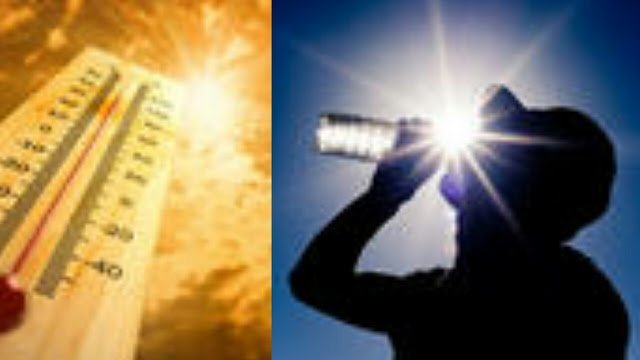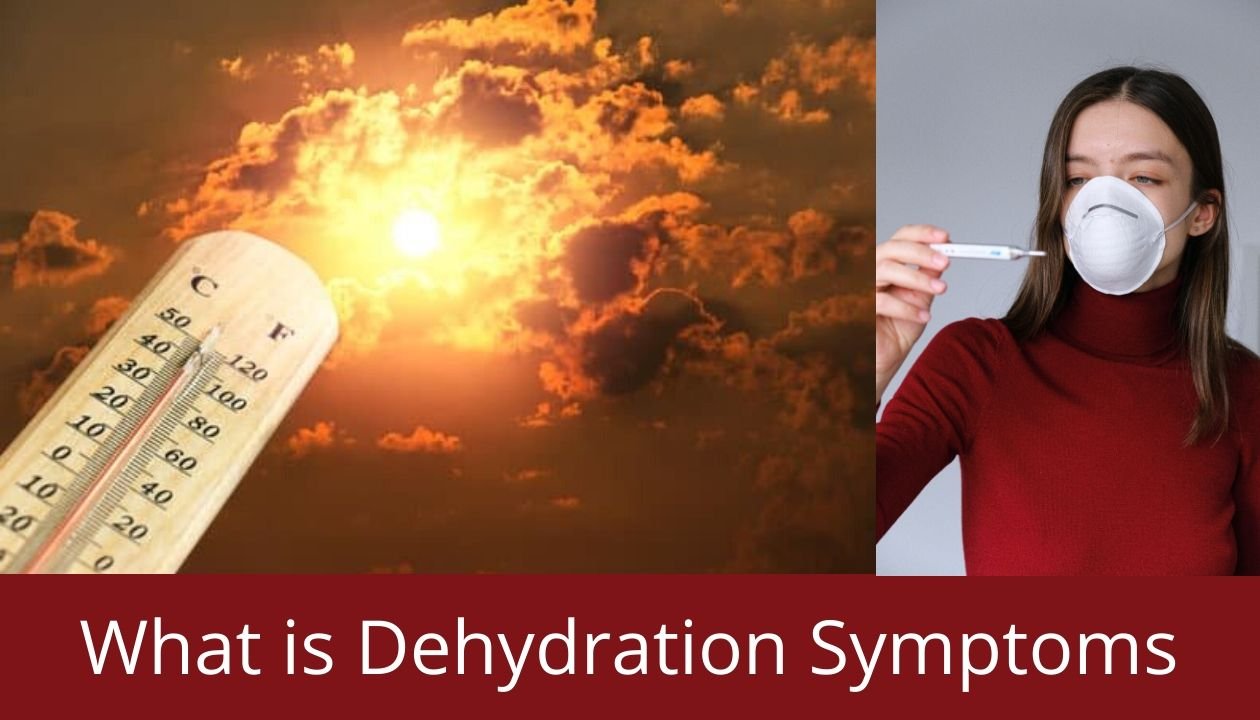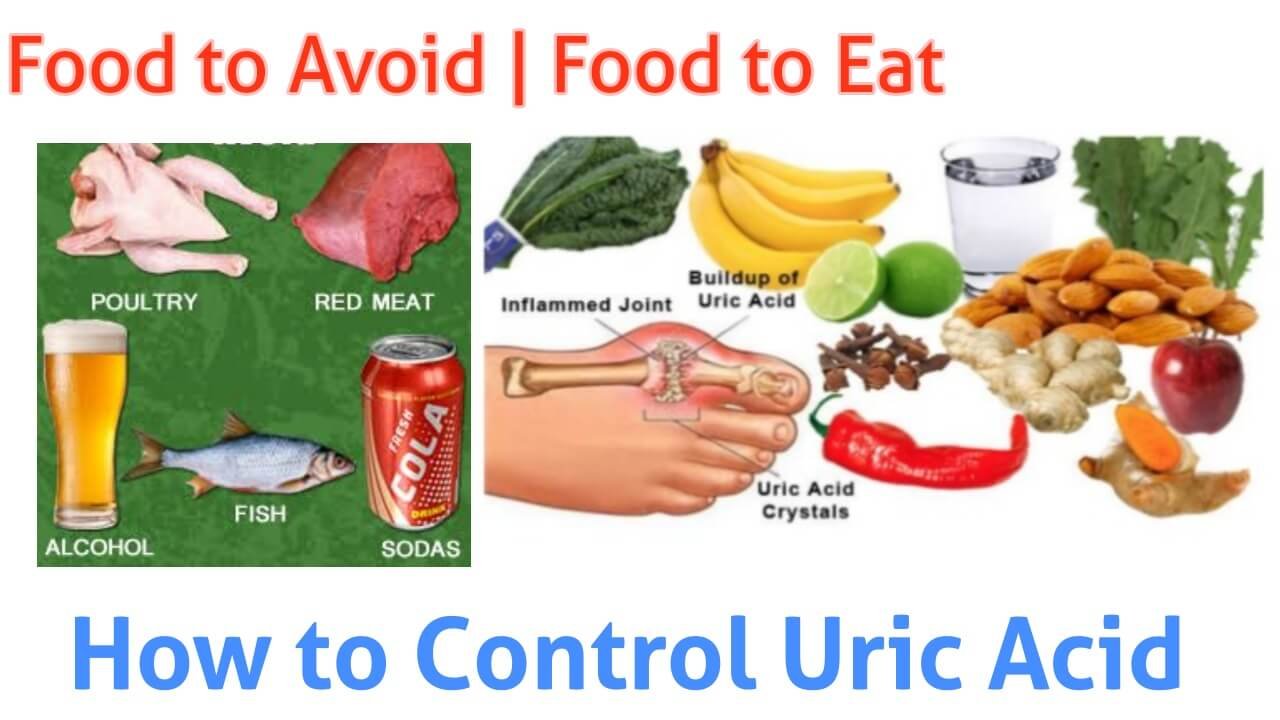What is dehydration, what causes dehydration, dehydration meaning, dehydration symptoms,
Did you know that by the time when you are thirsty you are already dehydrated? Dehydration, as little as a 2% loss in the body fluid, negatively impacts your body and your mind.
Dehydration can majority causes confusion state, irritability, constipation, drowsiness, fever, and thirst More signs and symptoms of mild to moderate dehydration include the dry, sticky mouth, muscle weakness, and stiff joints, headache, dizziness, light-headedness, nausea, cramping in muscles, decreased urine volume, cool extremities, slow capillary refill, and sunken eyes.
You can usually reverse mild to moderate dehydration by increasing your quantity intake of fluids.
 |
| How to understand and prevent dehydration |
Causes of Dehydration
- Diarrhea
- Vomiting
- Sweating
Dehydration Symptoms
- Headache
- Dry mouth
- Lethargy
- Dizziness
- Sedation
- Urine concentrated and color may be darker
|
|
| How to understand and prevent dehydration |
Diarrhea:
The main reason for fluid loss with sudden vigorous dehydration and related deaths. The large intestine can’t absorb water from food matter, The body excretes too much water, leading to dehydration.
Vomiting:
Generally caused due to uncontrolled levels of diabetes, other reasons like the use of some drugs.
Alcohols and medications such as diuretics, antihistamines, blood pressure medications, and antipsychotics.
Excessive Sweating:
Diabetes – high blood sugar levels cause increased urination and fluid loss.
Prevention from Dehydration
Elderly and children are most at risk of being dehydrated, so special attention should be given to them to make sure they are receiving enough fluids with electrolytes.












